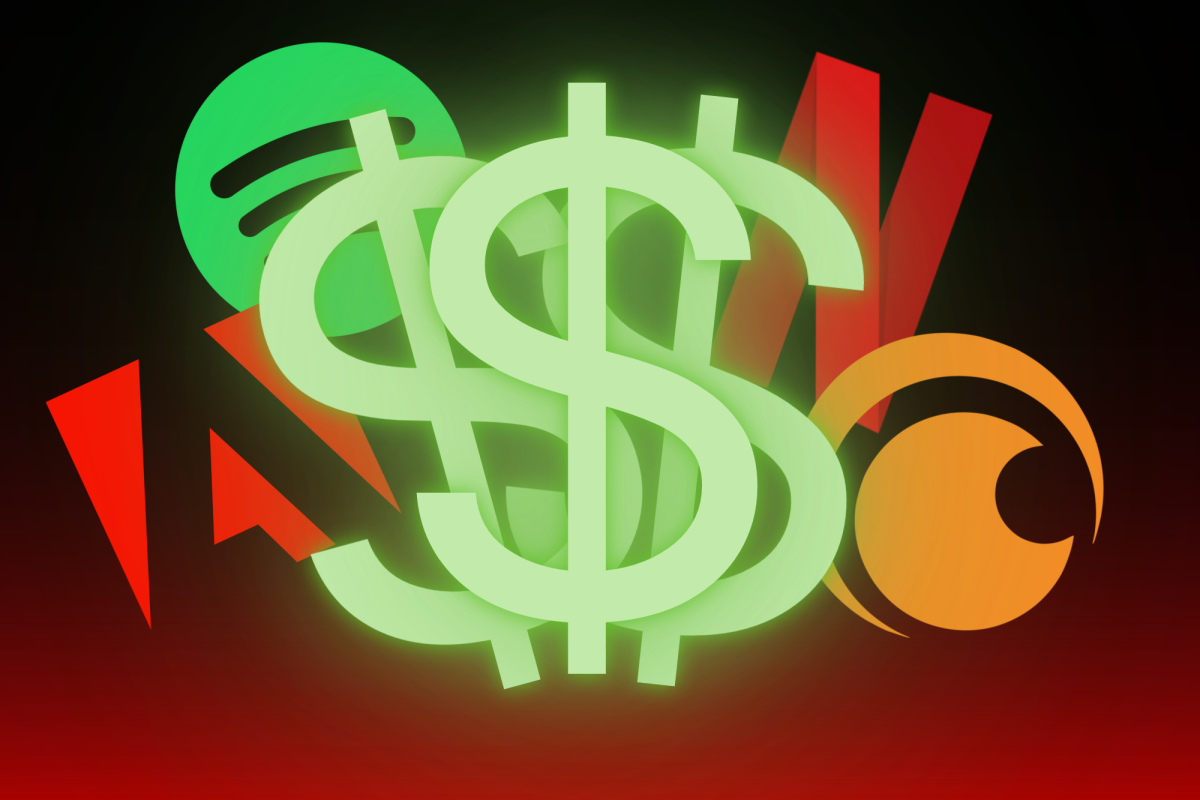Do you ever pay for a membership for a temporary reason and end up paying $3 a month for a year, only to realize you barely used that app after the purchase? It seems like everyone these days has at least one subscription service hacking away at their bank account.
Whether it’s Netflix, Spotify or a gym membership, these recurring charges drain income from students, making it difficult for them to make ends meet.
The predatory subscription business model makes companies billions every year, taking money away from those who need it. Subscription models have become commonplace in the consumer world, with almost everything hidden behind a seemingly affordable paywall.
“The subscription model is designed to fly under the radar with small payments that seem insignificant, but over time, accumulate into large, unnoticed expenses,” The New York Times said.
The reason companies make their service a small monthly payment is that most people won’t notice a small amount being taken out monthly. But at the end of the year, they realize their $7-a-month Netflix account actually adds up to $96 a year.
Additionally, these services make it hard to terminate the consumer’s contract by making their interface harder to navigate. According to a 2023 report by The Verge, many subscription services rely on “dark patterns” in their interface, making it difficult for consumers. This essentially traps users into longer-term commitments with the company.
Most students don’t just pay for one subscription service. Since there is so much content that requires a monthly payment, consumers feel obligated to subscribe to more. The dilution of the market pressures consumers to pay for apps like Hulu, Spotify and Crunchyroll, which add up to hundreds of dollars over the year.
Other necessary apps like Adobe – for those who need it for work – and gym memberships also contribute to the problem. Companies understand that most people forget what they’re actually paying for, let alone using the software or service.
In fact, a survey conducted by West Monroe Partners found that 84% of Americans underestimate how much they spend on recurring payments.
Consumers must take a stand against the exploitative subscription model that has spiraled out of control. With prices going up and more subscriptions being required to get the most out of your applications it seems like it will only get worse without a massive change in the market.
Outright boycotting subscription-based services is the only way to force companies to lower their prices and offer more for the consumer without breaking there wallet. Consumers have the power to make the change that is needed.




